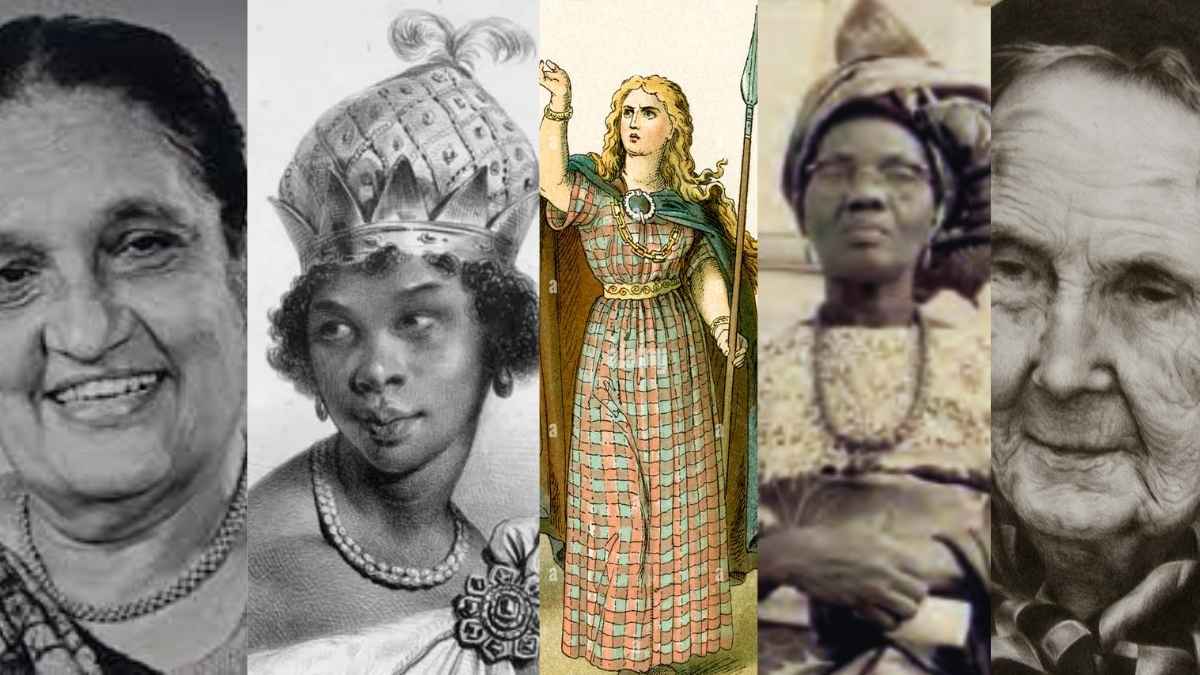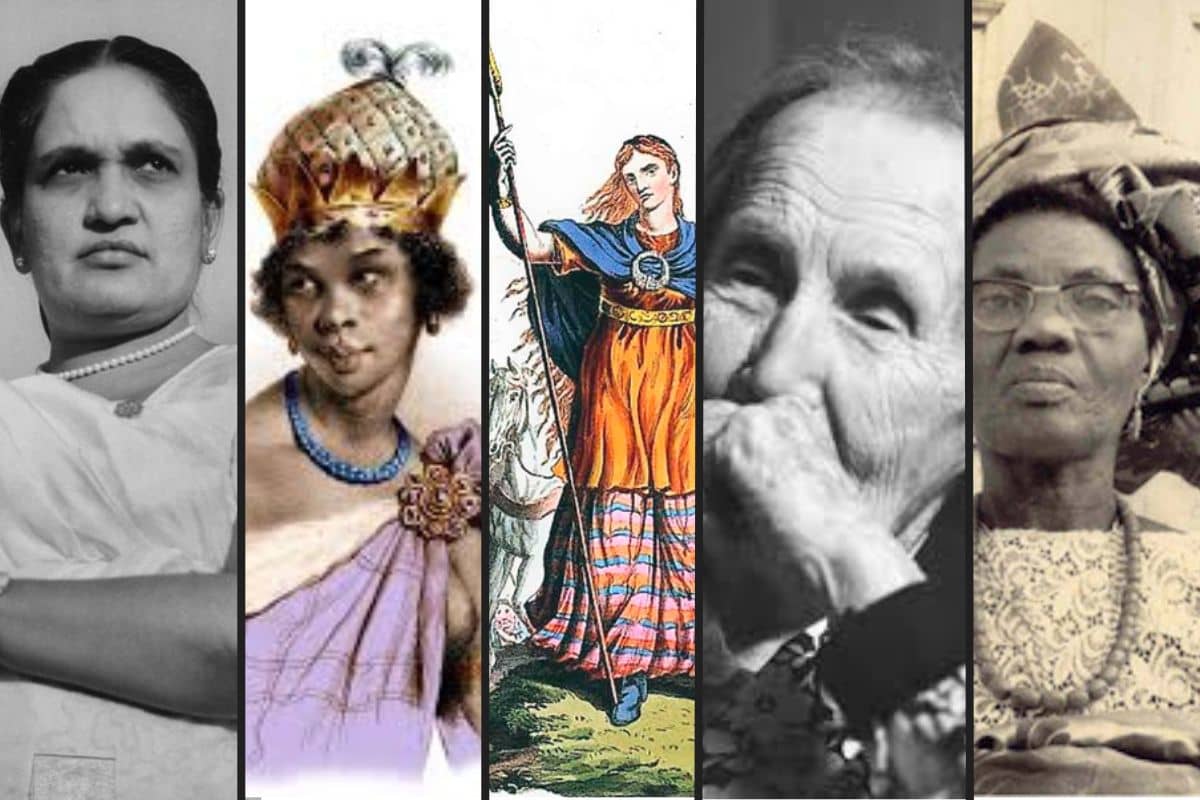A well-known figure in American politics, Bernie Sanders is known for his progressive stance and relentless advocacy for the working class. One aspect of his life that often piques his curiosity is Bernie Sanders religion. Understanding his religious background provides insight into the values and principles that have shaped his political career.
Early Life and Jewish Heritage
Bernie Sanders was raised by a Jewish working-class household in the Brooklyn borough of New York City. His parents, Elias Ben Yehuda Sanders and Dorothy Glassberg were Jewish immigrants from Poland and Russia. Growing up in a Jewish household, Sanders was immersed in the cultural and religious traditions of Judaism. This upbringing instilled in him a strong sense of social justice and community responsibility, values that are deeply rooted in Jewish teachings.
Education and Activism
Sanders attended Brooklyn College before transferring to the University of Chicago, where he earned his degree in 1964. While there, he participated in sit-ins and protests and actively took part in the Civil Rights Movement. His dedication to equality and social justice can be traced back to his Jewish upbringing, which emphasized the importance of fighting for the rights of the marginalized and oppressed.
Bernie Sanders Religion and Political Career
While Bernie Sanders identifies as Jewish, he often describes himself as “not particularly religious.” His focus has always been on the ethical and moral teachings of Judaism rather than its religious practices. Sanders’ politician philosophy is heavily influenced by the Jewish concept of Tikkun Olam, which means “repairing the world.” This principle drives his dedication to addressing social and economic inequalities.
In his political career, Sanders has been a staunch advocate for healthcare reform, workers’ rights, and environmental justice. His Jewish heritage and the values it instilled in him have been a guiding force in his endeavors to build a more just and equal society.
The religious affiliations of U.S. presidents have played a significant role in shaping their policies, leadership styles, and public perceptions. While most presidents have identified with some form of Christianity, the diversity of their beliefs and practices reflects the evolving religious landscape of America. This overview explores the religious backgrounds of various presidents and the impact of their faith on their presidencies, similar to how understanding Bernie Sanders religion provides insight into his political views.
Predominance of Protestantism
The majority of American presidents have belonged to Protestant faiths, with Episcopalians and Presbyterians being the most prevalent denominations. St. John’s Church, an Episcopal church in Washington, D.C., has been visited by every sitting president since James Madison. This tradition highlights the longstanding connection between the presidency and Protestant Christianity.
Religious Influence on Electability and Policy
Religious affiliations can significantly affect the electability of U.S. presidents and shape their policy stances and visions for society. While no president has openly identified as an atheist, figures like Thomas Jefferson, Abraham Lincoln, and William Howard Taft were speculated to be atheists by their opponents. During Donald Trump’s presidency, a survey showed that 63% of Americans did not believe he was religious despite his professed Christian affiliation. In contrast, presidents like Jimmy Carter have used their faith as a defining aspect of their campaigns and tenure.
Catholic Presidents
The first Catholic president was John F. Kennedy; Joe Biden, the incumbent president, was the second. The representation of Catholicism in the presidency reflects the broader acceptance and integration of Catholic Americans into the political mainstream despite historical prejudices.
Deism and the Founding Fathers
Deism, a religious philosophy popular in colonial times, influenced several Founding Fathers, including Thomas Jefferson, George Washington, James Madison, and James Monroe. Deists generally believed in a rational and impersonal creator but rejected organized religion and traditional Christian doctrines. This philosophical stance shaped the secular foundations of the American government.
Unitarianism and Nontrinitarian Beliefs
Four presidents have been affiliated with Unitarian churches, and a fifth, Thomas Jefferson, was an exponent of ideas now commonly associated with Unitarianism. Unitarians reject the traditional Christian doctrine of the Trinity, and their beliefs often emphasize rationalism and individual conscience. For example, William Howard Taft, a Unitarian, expressed a broad commitment to “Christian civilization” without delving into doctrinal specifics.
Nonreligious Presidents
Several presidents have shown little evidence of personal religious conviction. For instance, James Monroe’s personal religious beliefs are largely unknown due to the destruction of most of his correspondence. No president has ever declared himself an atheist, highlighting the significant role of religion in American political life.
Civic Religion
Civic religion, the integration of religious values into public life and government, has been a persistent theme in the U.S. presidency. St. John’s Episcopal Church and Washington National Cathedral have been prominent sites for presidential worship and national ceremonies, underscoring the symbolic role of religion in American civic life.
Bernie Sanders Religion in Context
While Bernie Sanders religion is Jewish, he often describes himself as “not particularly religious.” This approach reflects a broader trend among some American political leaders who emphasize ethical and moral values derived from their religious heritage rather than strict adherence to spiritual practices. Sanders’ focus on social justice and community responsibility aligns with the Jewish concept of Tikkun Olam, or “repairing the world,” paralleling the way other presidents have integrated their faith into their public service.
Bernie Sanders Religion Exploring His Beliefs and Ideologies
Bernie Sanders, a prominent figure in American politics, has long been admired for his progressive stance and advocacy for social and economic justice. One way to understand his political philosophy is to examine his religion and the beliefs that shape his worldview.
Bernie Sanders Religion and Ethical Foundations
In Brooklyn, New York, Bernie Sanders was born into a Jewish working-class family. His Jewish upbringing instilled in him values of social justice, community responsibility, and ethical behavior. While Sanders identifies as Jewish, he often describes himself as “not particularly religious.” Instead, he focuses on the moral and ethical teachings of Judaism, which have profoundly influenced his political ideology.
Democratic Socialism and Nordic Social Democracy
Sanders describes himself as a democratic socialist, drawing inspiration from aspects of Nordic social democracy. This political ideology emphasizes the importance of social welfare, economic equality, and government intervention in the economy to ensure the well-being of all citizens. Sanders’ admiration for Nordic countries like Denmark, Sweden, and Norway is evident in his support for universal healthcare, free education, and robust social safety nets.
Workplace Democracy
In addition to his advocacy for social democracy, Sanders supports workplace democracy, which includes union democracy and worker cooperatives. He believes that workers should have a say in the decisions that affect their lives and livelihoods. This commitment to empowering workers aligns with the notion of Tikkun Olam, which is Jewish for “repairing the world,” which emphasizes social justice and collective responsibility.
Conclusion
The religious affiliations of U.S. presidents have varied widely, reflecting the diverse religious landscape of the nation. From the predominance of Protestantism to the influence of Deism and Unitarianism, each president’s faith (or lack thereof) has shaped their leadership and legacy. Understanding these religious backgrounds, including Bernie Sanders religion, provides valuable insight into the ethical and moral frameworks that guide America’s leaders.
Bernie Sanders religion and Jewish heritage have profoundly impacted the way he perceives the world and forms his political opinions. Growing up in a working-class Jewish family in Brooklyn, Sanders’ commitment to social justice and equality is deeply rooted in his cultural and religious background. While he may not be particularly religious, the ethical teachings of Judaism continue to influence his advocacy for a fair and just society.






